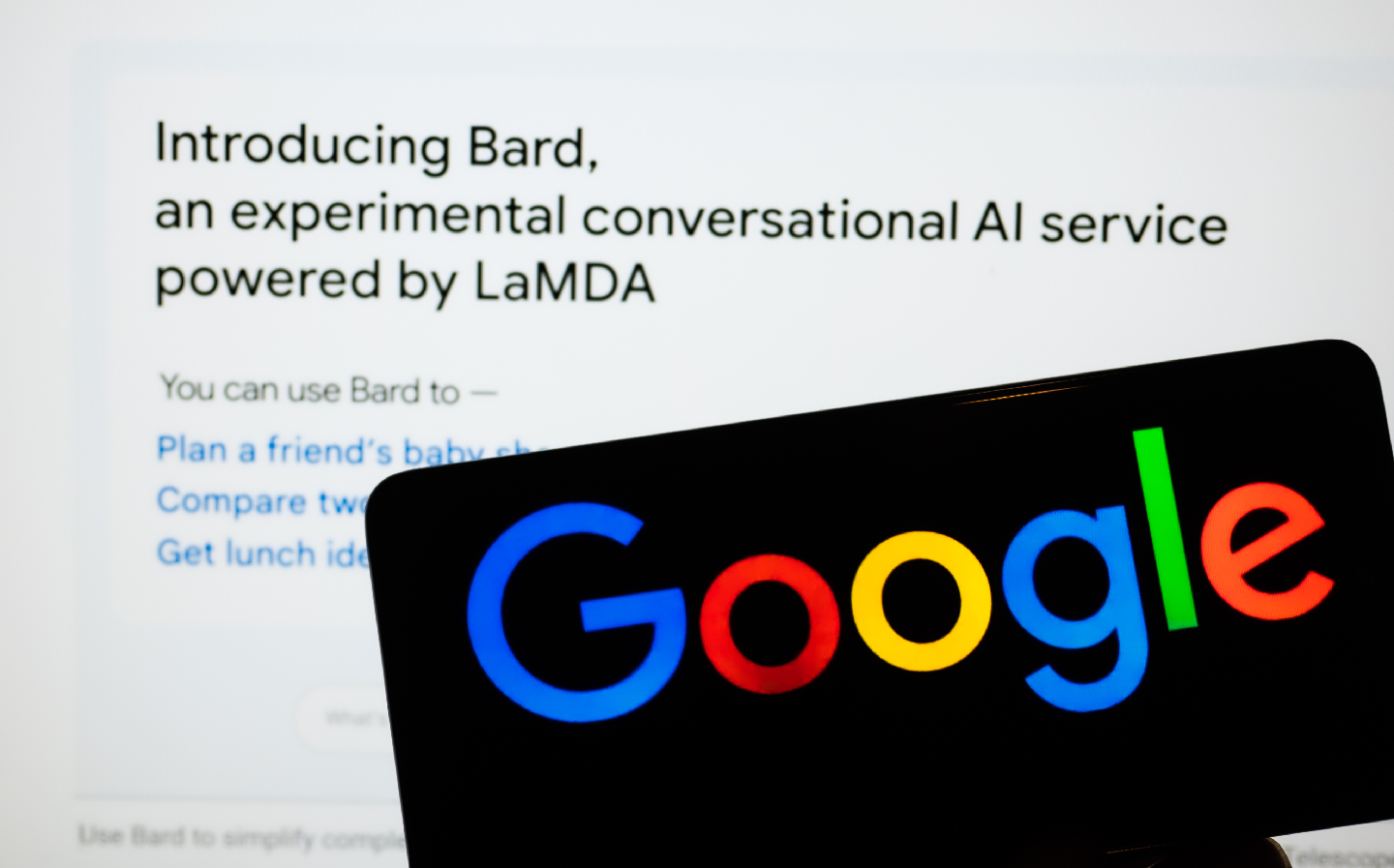Google Bard AI will give car-buying advice and suggest electric car charging locations
Motoring experts facing AI Judgement Day
Google Bard, the tech giant’s rival for the Microsoft-backed ChatGPT artificial intelligence system, could potentially be used to offer car-buying and electric vehicle road-trip advice, say its developers.
In a live-streamed event from Paris on Wednesday (February 8), the boss of Google Search, Prabhakar Raghavan demonstrated the capabilities of the programme including the potential to suggest a new car based on a buyer’s given parameters.
“Let’s say you’re in the market for a new car, one that’s a good fit for your family,” Raghavan said.
“Bard can help you think through different angles to consider from budget to safety and more, and simplify and make sense of them.”
In another example, Raghavan (pictured below) displayed a slide created by Bard outlining the pros and cons of buying an electric car.

“Electric cars produce zero emissions when driving, which is better than a gas [petrol] powered car for the environment. Gas cars produce emissions that contribute to climate change,” the first bullet-point read.
“They are generally cheaper to operate,” read the second point. “They don’t require oil changes or tune-ups and they have fewer moving parts, so there’s less that can go wrong.”
The first bullet under “cons” stated: “Electric cars have more limited driving range, depending on the size of battery.”
“Charging an electric car can take a while, especially if you use a public charging station,” said the second point.
Raghavan then proceeded to demonstrate how Google Bard could be used to plan a road trip.
“I think our first longer drive will be from San Francisco to Santa Cruz [around 75 miles down the Pacific coast], can you suggest a few stops along the way?”
Bard provided a list of four stops between the two locations, including Half Moon Bay, Pescadero and Santa Cruz Beach Boardwalk, all local attractions or beauty spots, with a sentence describing each.
“Stop by Pigeon Point Lighthouse to catch a great view,” one description says.
Earlier this week, Google’s CEO, Sundar Pichai, announced that the company would shortly begin to integrate Bard into its search functions, although concerns remain as to it accuracy — something that was also demonstrated to embarrassing effect this week.
In the promotion for Bard on Twitter on Monday, the chatbot was asked about what to tell a nine-year-old about recent discoveries from the James Webb Space Telescope.
It offered the response that the telescope was the first to take pictures of a planet outside our solar system, when in fact the first such image was taken from a telescope based on Earth — something that was rapidly picked up on by astronomers.
The very public blunder sent shares in Google’s parent company Alphabet tumbling by 7% on Wednesday, knocking some $100m (£82m) off the company’s market value.
While the error has further fuelled speculation that Google is in serious danger of falling behind Microsoft in the AI chatbot field, it also served to underscore some of the concerns surrounding AI systems, which — aside from facilitating academic and professional plagiarism — could also potentially perpetuate conspiracy theories, misinformation and facts that are simply unverified or incorrect.
Perhaps the angry mob of torch-wielding motoring journalists doesn’t need to assemble just yet then.
Related articles
- After reading about the use of AI for motoring “advice”, why not check out the top 10 longest-range electric cars?
- Here are the UK’s Top 10 Most Popular Models
- For motoring advice on all manner of subjects – from humans – head on over to our Car Clinic
Latest articles
- Watch new Porsche 911 GT3 smash Nürburgring record for manual cars
- Skoda Elroq 2025 review: Czech carmaker can’t seem to miss with its electric family cars
- Five best electric cars to buy in 2025
- Should I buy a diesel car in 2025?
- F1 2025 calendar and race reports: The new Formula One season as it happens
- Zeekr 7X AWD 2025 review: A fast, spacious and high tech premium SUV — but someone call the chassis chief
- Denza Z9GT 2025 review: Flawed but sleek 1,062bhp shooting brake from BYD’s luxury arm
- Extended test: 2024 Renault Scenic E-Tech review
- Best-selling cars 2025: The UK’s ten most popular models of the year so far














